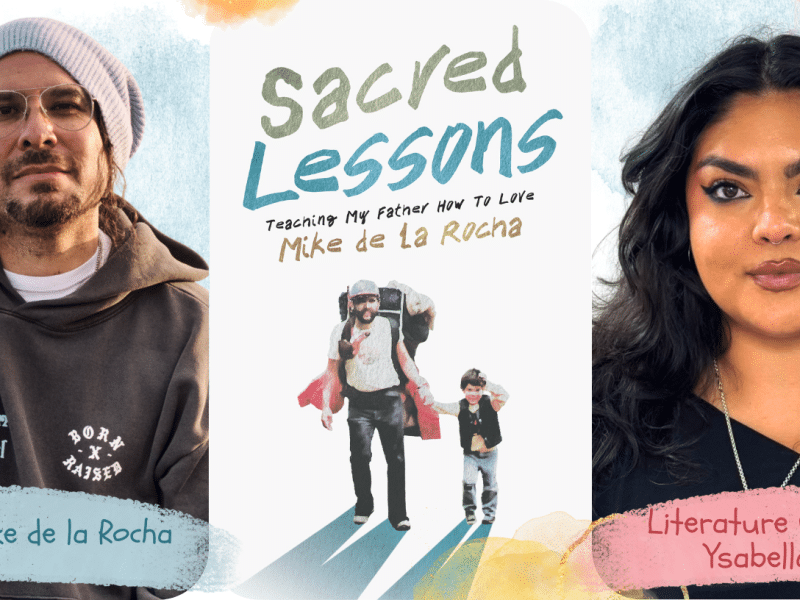We Talked to Destiny Navaira About Her Music and the Future of Tejano Music
Destiny Navaira started songwriting when she was ten years old and hasn’t stopped since.

Destiny Navaira started songwriting when she was ten years old and hasn’t stopped since.
The young singer recognizes that she was born into a musical family, but never felt forced or pressured to enter the music industry. Instead, it’s something she found to love and embrace on her own. By the age of four she was already performing in school talent shows and charity events.
You could say Destiny comes from a Tejano music dynasty that includes her uncle, the talented and late Emilio Navaira, and her own dad, Raulito Navaira. Recognized as some of the best Tejano music artists, Emilio and Raulito went on to perform on some of the biggest stages across the United States alongside a well known artist by the name of Selena Quintanilla.
With this background, Destiny says she only feels motivated to write better and perform at her full potential. She says, “I am very proud of my family and what they have left musically. I feel like I have taken it to another level…[and] am working to build a true dynasty.”
Destiny has always had a passion for music but her music career did not officially start until 2015. While she was in college she recorded her first album Siempre Cantando, where she wrote four songs. From then on she has remained consistent to her craft and when asked about her role in the Tejano music genre she says, “I think the Tejano genre is on the verge of a big change whether fans, DJs, or the entire industry is ready or not.”
While she admits that “Tejano music is still heavily influenced by the 90s style of music and that in turn has kept the industry somewhat stuck,” she hopes to be part of the wave that reminds people that “Tejano music is a way of life [and] not just a genre.” Many may have not heard of the Tejano genre but they’ve heard of Selena Quintanilla and similarly, Destiny is on a path to give Tejano music a name beyond aficionados from Texas and Mexico.
Destiny is inspired by songwriters like John Mayer and artist Beyoncé, a range that is telling of her inspiration and what she is able to bring to her music. There’s no doubt Destiny’s voice and songwriting talent will take her far and she credits part of her success to the musicians who are by her side including her brother, Rigo Navaira, who writes, sings and plays the bass, and the rest of her team including her accordion player who also writes and arranges music, Lalo Morales and guitarist and bajo quinto player Luke Salas.
For now, Destiny is currently working on her second album in Houston and Monterrey, Nuevo Leon, Mexico. She is working with talented artists in the Mexican industry like Manuel Herrera Maldonado, Alfonso Herrera Maldonado, Adrián Gonzalez (Voz de Mando), Aarón Pantera Martínez (La Firma), and her engineer for the entire project, Rudy Olivares, who is the offspring of Fito Olivares also known as “El Rey de la Cumbia”.
With her musical talent Destiny is bringing life back into a genre that many love. She is even transcending into the international market by integrating traditional Texas country sounds to traditional Tejano music. As we ask her what she wants others to know about her and Tejano music she responds, “Tejano music is a special type of music from a special type of people.”
You can listen to Destiny’s first solo album, La Preferida, on all digital platforms as well as www.losnaivaira.com and on all of Destiny’s social media platforms, @destinynavaira




